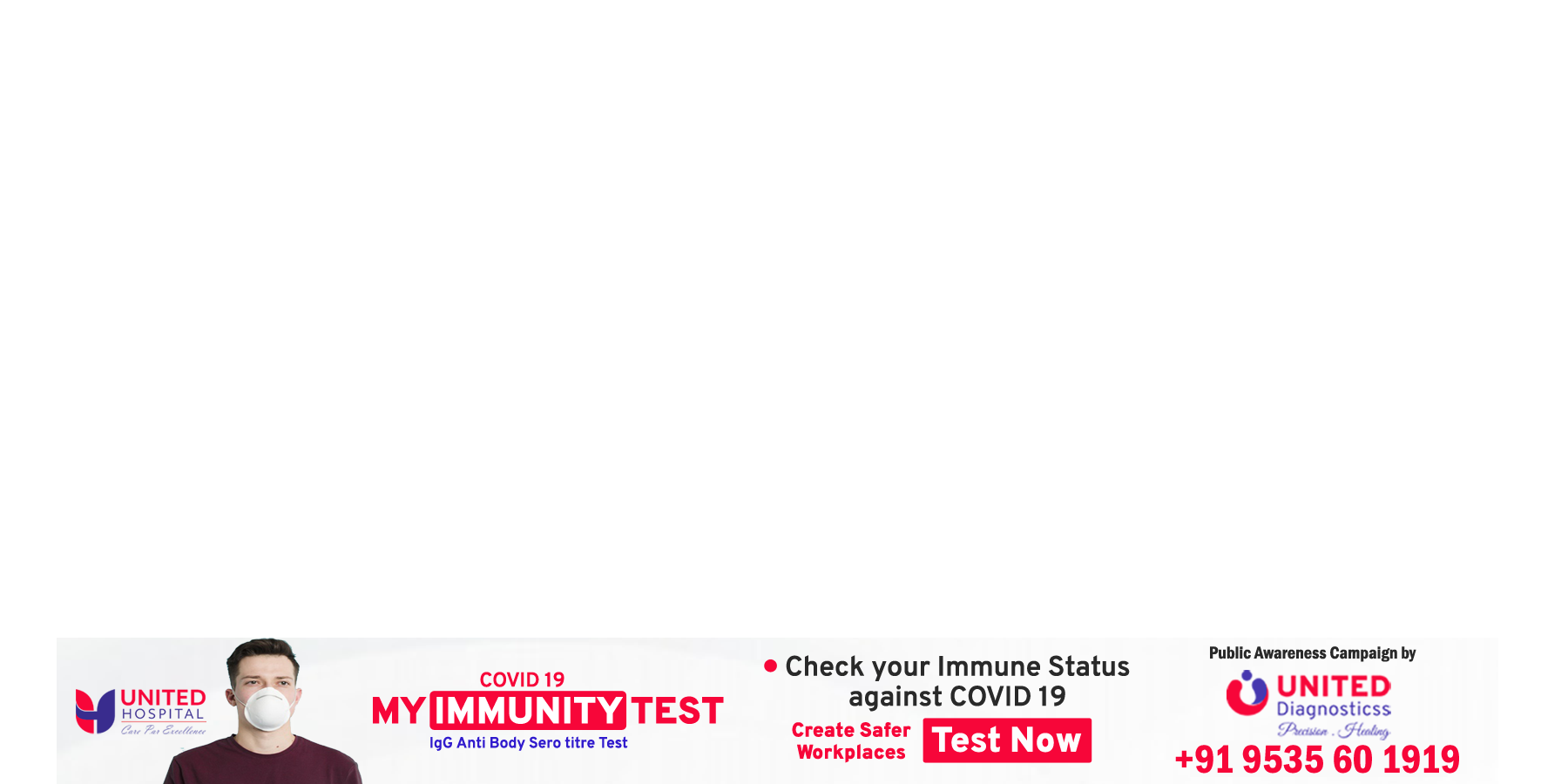Home Articles Hypertension? 8 ways to reduce stress, keep blood pressure down: Let Harvard...
KEY STORY
-
The times and the era we live in are those of uncertainty. The state of flux caused by economic upheavals and pandemic-related restrictions have added to our health woes. People have been facing stress on all fronts. Job losses, health, family, etc.
-
Stress can cause short-term spikes in blood pressure. Taking steps to reduce your stress can improve your heart health. According to the Mayo Clinic report, there’s no proof that stress by itself causes long-term high blood pressure. But reacting to stress in unhealthy ways can increase your risk of high blood pressure, heart attacks and strokes. What is true though, is that your body produces a surge of hormones when you’re in a stressful situation, thereby temporarily increasing your blood pressure by causing your heart to beat faster and your blood vessels to narrow.
-
A study published in the US National Library of Medicine says “Although stress may not directly cause hypertension, it can lead to repeated blood pressure elevations, which eventually may lead to hypertension.”
-
Another study establishes that “Overall, there is growing empirical support for the hypothesis that exposure to chronic psychosocial stress contributes to the development of hypertension. Additional prospective studies are needed before a causal relationship is established, particularly in the case of discrimination.”
How to weed out stress to control Blood Pressure:
According to a Harvard Education report, when it comes to preventing and treating high blood pressure, one often overlooked strategy is managing stress. If you often find yourself tense and on edge, try these 8 steps to reduce stress.
-
Slow down, simplify your schedule: Stress multiplies when you are always feeling rushed. Spend a small amount of time reviewing your calendar and to-do lists. Delete or shorten activities that are not very important to you.
-
Get enough sleep. Inadequate or poor-quality sleep can make your problems seem worse than they really are. Sleep deprivation also negatively affects your mood, mental alertness, energy level, and physical health.
-
Learn relaxation techniques like Yoga and meditation: Yoga and meditation strengthen your body and help you relax. Meditation, progressive muscle relaxation, guided imagery, deep breathing exercises, and yoga – all these are time-tested and powerful relaxation techniques and stress-busters. According to Mayo Clinic, these techniques also may lower your systolic blood pressure by 5 millimetres of mercury (mm Hg) or more. Pranayam, the yoga of breath control involves techniques that teach you how to take deep and slow breaths that can help you relax.
-
Strengthen your social network: Simply having someone to confide in can save you from depression, BP ailments, loneliness, etc. Step out instead of staying cocooned. Connect with others by taking a class, joining an organization, or participating in a support group.
-
Get physically active: Exercise or sports is a natural stressbuster. Seek your doctor’s advice before starting a new exercise program, especially if you’ve been diagnosed with high blood pressure.
-
Try to resolve stressful situations if you can: Don’t ignore a problem and hope it will go away. Seek peaceful, practical ways to resolve it. Communicate with the stakeholders. Be practical. Understand there are some things you can’t change or control, but you can focus on how you react to them.
-
Put yourself first. First of all, realise that you matter, in fact, you matter the most. Nurture your mind and body. Treat yourself to a massage. Do things you really love. Gardening, reading, travelling, baking. etc.
-
Watch your diet: Create a diet plan that includes fruits, vegetables, whole grains, lean protein, and healthful fats, low-fat dairy products and skimps on saturated fat and cholesterol — can lower your blood pressure by up to 11 mm Hg if you have high blood pressure. This eating plan is known as the Dietary Approaches to Stop Hypertension (DASH) diet. Check with your doctor before you create one for yourself. Even a small reduction in the sodium in your diet can improve your heart health and reduce blood pressure by about 5 to 6 mm Hg if you have high blood pressure.
Disclaimer: Tips and suggestions mentioned in the article are for general information purpose only and should not be construed as professional medical advice. Always consult your doctor or a dietician before starting any fitness programme or making any changes to your diet.














